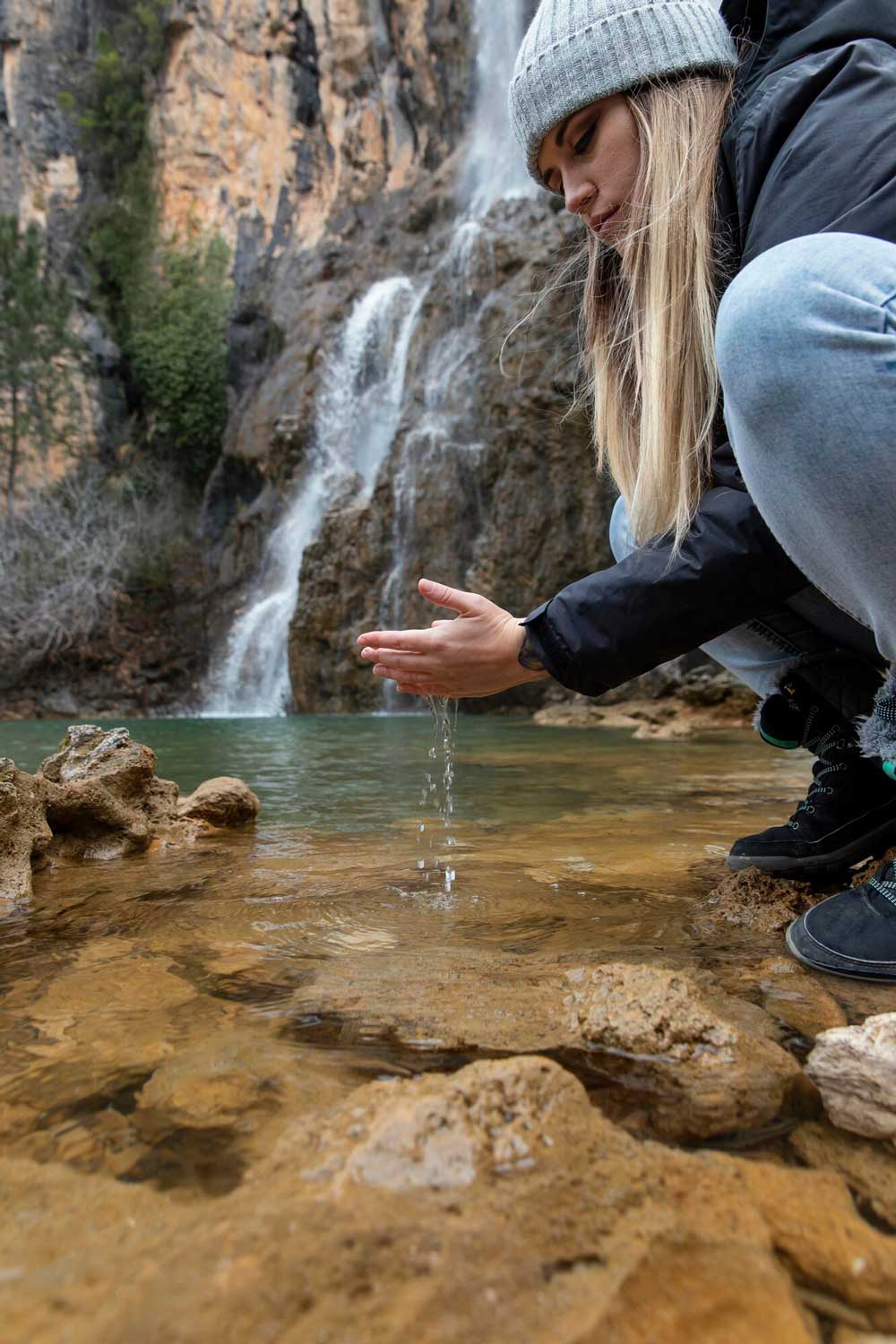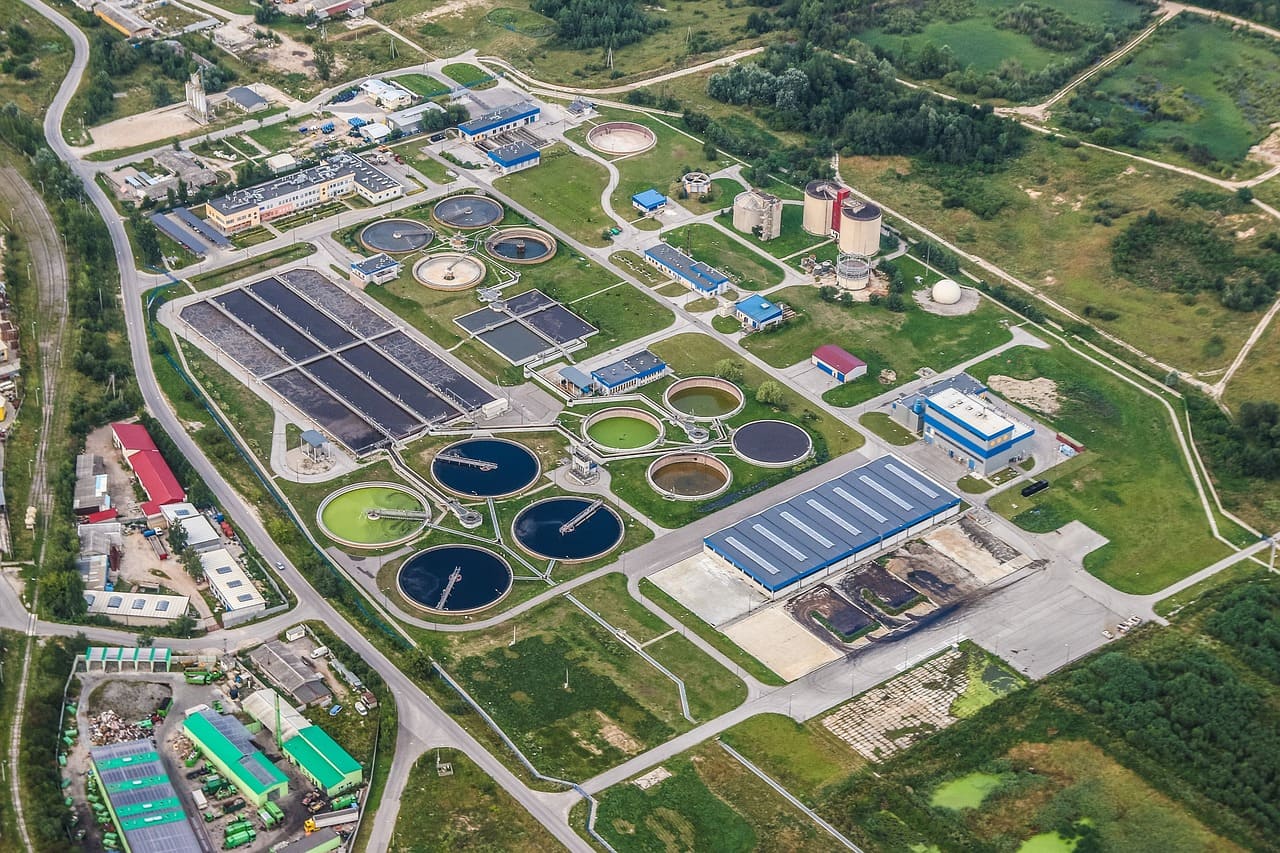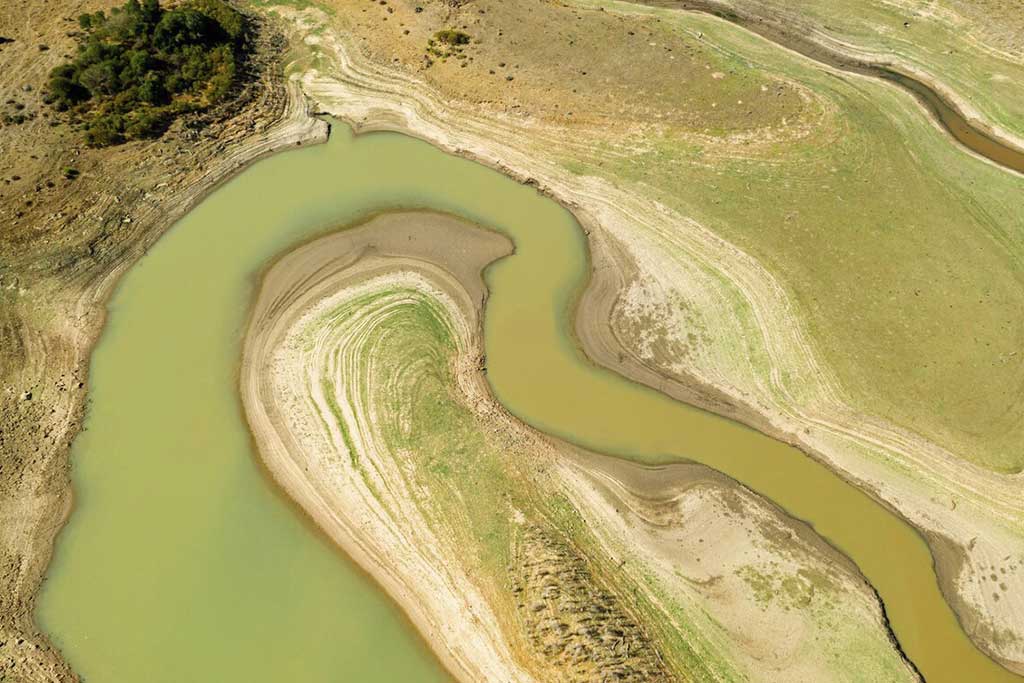
Hydrogeological studies
At INMÍNER ING. We care about understanding the movement of water, its flow through the earth...
To do this, we carry out hydrogeological studies, which are a set of investigations carried out to understand the behavior and dynamics of groundwater in a certain area.
The main objective of these studies is to obtain information on the quantity, quality and movement of groundwater, as well as to identify the factors that influence its distribution and availability. Some of these works are referenced to the possible influence that a borehole or well can generate on a stream, a river or other previously legalized borehole.
Among the activities we carry out during the preparation of a hydrogeological study are the collection and analysis of data on the geology, topography, meteorology, surface hydrology and hydrogeology of the study area.
Additionally, we perform pumping tests and permeability assays to evaluate the hydraulic properties of the aquifers and the ability of the wells to extract groundwater.
Based on the information collected and analyzed, we carry out hydrogeological models to simulate the behavior of groundwater in different conditions, allowing informed decisions to be made about the management and use of groundwater. They also help us identify areas vulnerable to contamination and establish measures to protect and conserve groundwater resources.
Management and control of wastewater treatment plants
Wastewater stations (WWTP) are facilities designed to treat and purify wastewater before it is discharged into the environment. The management and control of WWTPs is essential to guarantee their correct functioning and minimize their impact on the environment and public health.
Below are some key aspects in the management and control of WWTPs that our company manages with great capacity:
-
Monitoring: we carry out monitoring work to continuously monitor the main parameters of the purification process. This allows possible failures to be detected and adjustments to be made in the plant's operation.
-
Maintenance: our company manages preventive and corrective maintenance teams for the facilities to guarantee their good state of conservation and avoid possible breakdowns or failures in the purification process.
-
Staff training: we train the staff in charge of the operation and maintenance of the WWTPs so that they have the necessary training and qualifications to carry out their work effectively and safely.


Flood studies
At INMÍNER ING. We carry out flood studies in response to the demands posed by the various hydrographic confederations that exist in our country.
These flood risk studies are analyzes carried out to evaluate the risk of flooding in a given area, allowing the evaluation of various factors such as topography, geology, climate, land use, vegetation and other aspects to determine the probability of flooding. an area is flooded.
Flood risk studies are used for various purposes, such as land use planning, flood risk management, infrastructure safety assessment, and decision making regarding the construction of new structures or the rehabilitation of existing structures. existing structures.
In addition, flood risk studies are important to establish flood prevention and mitigation measures, which can help reduce the impact of extreme events and protect people and their property. In summary, flood risk studies are a key tool for managing flood risk and protecting communities against this type of extreme events.

